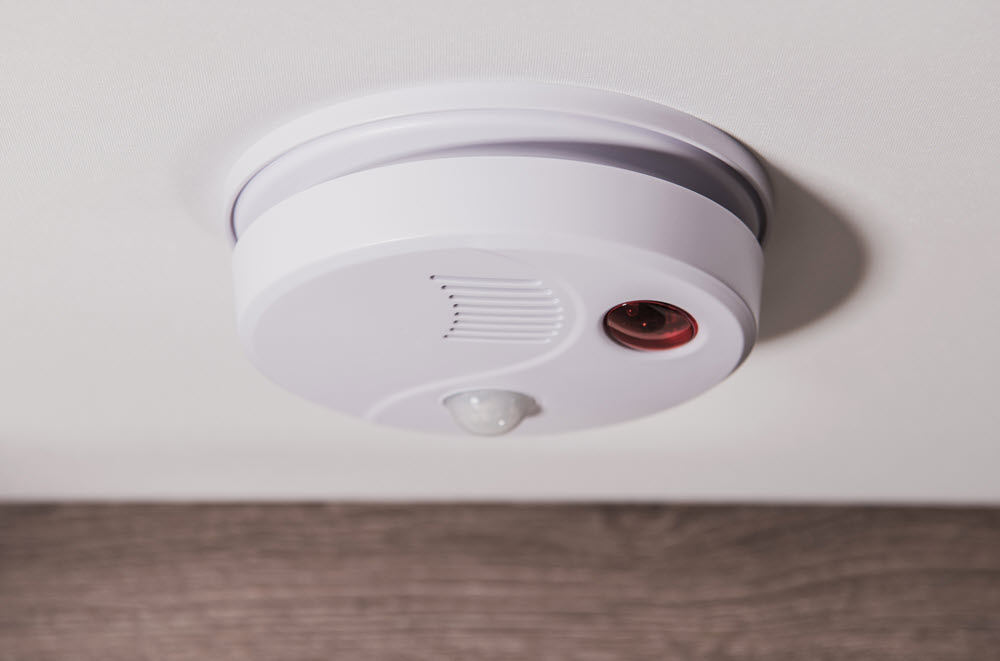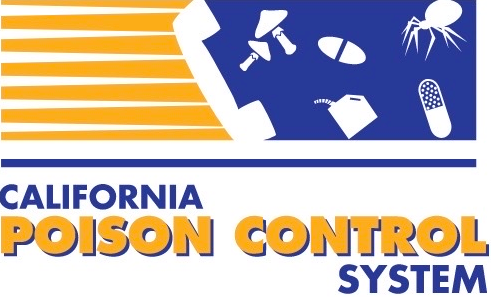Carbon monoxide (CO) is a colorless, odorless, and tasteless gas produced from burning fuel. CO poisoning can be deadly and occurs when you accidentally breathe in the gas. Common CO-poisoning hazards include unvented heating appliances and fuel-burning equipment. CO reduces the oxygen level in your heart, brain, and body by replacing the oxygen in your bloodstream. People often do not realize they are being exposed.

Signs of CO poisoning
- CO alarm or detector going off
- History of CO exposure
- No fever associated with symptoms
- Multiple people with similar symptoms in the same household, classroom, or workplace
Symptoms of CO poisoning
- Confusion
- Dizziness
- Fatigue
- Headache
- Loss of muscle control or consciousness
- Nausea or vomiting
- Shortness of breath
Sources of CO
- A running car inside an enclosed space, such as a garage
- Fuel-burning equipment used indoors (ex. charcoal or hibachi grills)
- Malfunctioning or unvented fuel-burning appliances (ex. furnaces, heaters, ovens, stoves)
CO poisoning prevention
First-aid tips
- Call 911 and seek medical help right away
- Turn off all your appliances
- Get everyone to exit the building
- Get fresh air
Home & buildings safety tips
- CO alarms need to be tested regularly. If the unit is battery operated, replace the battery at least once a year
- Do not heat your home using appliances other than a heater
- For example, do not use an oven or clothes dryer for heating purposes
- Ensure appliance vents and chimneys are not blocked with tarps, debris, or snowfall
- Ensure that gas appliances are maintained and properly installed
- Install smoke alarms and CO detectors near each sleeping area
- Exit a building immediately when smoke alarms or CO detectors go off
- Do not re-enter the building until a professional declares it safe
Car safety tips
- Do not let a car combustion engine run inside an enclosed space, such as a garage
- Drive out promptly after starting a car inside an enclosed space
- Turn the engine off as soon as you drive into an enclosed space
Equipment safety tips
- Do not cover the bottom of natural gas or propane ovens with aluminum foil—doing so blocks the combustion air flow through the appliance and can result in carbon monoxide exposure
- Do not operate portable generators near your home or outside of an open window
- Do not use charcoal or hibachi grills indoors, as they are for outdoor use
- Do not use portable fuel-burning camping equipment inside a home, garage, vehicle, or tent



